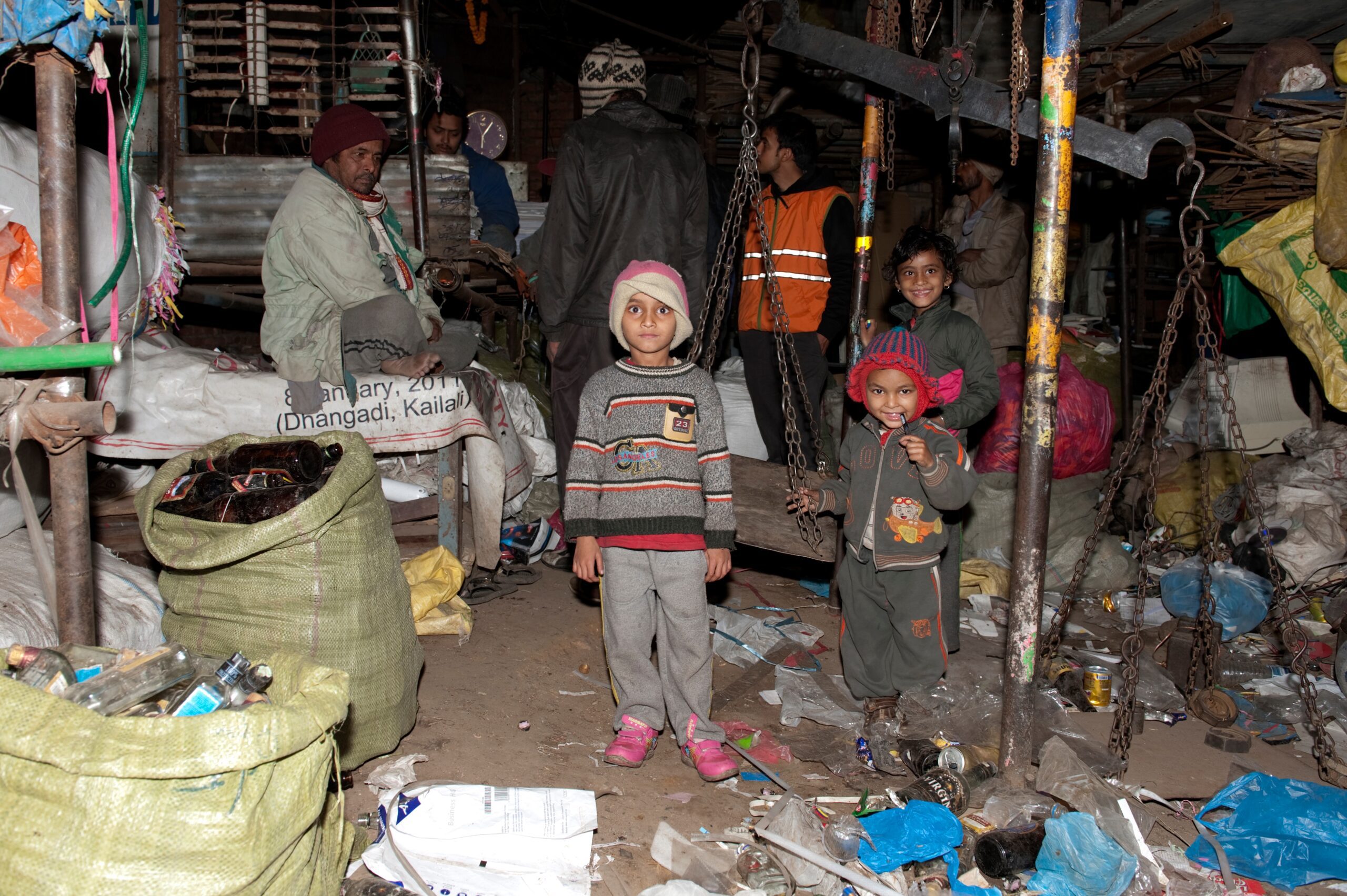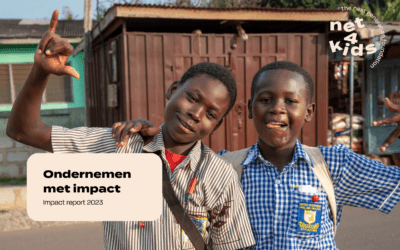The corona crisis in Nepal has taken dramatic proportions since the beginning of May. Hundreds of people die every day in hospital, on the sidewalk in front of it or at home because care is overloaded.
“About 45 percent of all test centers are located in the Kathmandu Valley, where only 2 of the 29 million inhabitants live. There is hardly any data from the provinces bordering India and that is a huge problem. If things continue like this, a Nepalese covid-19 variant may soon arise.” – Nepalese epidemiologist Lhamo Y Sherpa
The capacity of the hospitals is much smaller than in India. Not only because Nepal is even poorer, but also because of the cultural taboo on working in care. Doctors and nurses have a low social status: they are associated with illness. Tenants who work in nursing would prefer not to have a landlord. So most of the Nepalese healthcare workers work abroad. This leads to distressing situations: a hospital has three IC beds with ventilation, but no one knows how the equipment works.
What does this mean for the children in our projects, the staff members? They lose their parents, because there is no place for them, the poorest. Tirtha, founder of local partner organization Child Watabaran Center Nepal (CWCN) tells us what it is like for his organization now:
About CWCN staff and project activities:
We have taken an extra-ordinary decision to limit the operation of CWCN to the most basic and minimum level. This is because our manager director is on sick leave following COVID-19 infection, one of program officers has her husband being critically ill due to COVID-19. Another staff's parents are sick, and she was forced to leave Kathmandu to be able to take care of her ill parents. 6 to 7 families of Ex-beneficiaries (the youths who lived in CWCN child homes in the past) are infected and we are in constant touch with them and are providing the support.
Due to the continuous lock down, staffs are not being able to move from one place to another. At this situation, implementation of project activities has come to a complete halt. The staffs who are available at CWCN child home in Nayapati are making sure the girls living in our care get care and counseling they need. Others who are working from home are in touch with the project districts schools, communities, ex-beneficiaries. We have started a crisis counseling by appointing a counselor who is available for talk with staffs and the ex-beneficiaries.
COVID-19 response package:
Social Welfare council has requested all the development partners (NGOS and INGOS) to reorient certain part of the budget to respond to the crisis caused by COVID-19. The associations having less than 50 million rupees annual budget are requested to allocate at least 20% of annual budget to respond to the covid-19 crisis. The emergency needs of Nepal is outside the expertise and resources of CWCN. However, we are planning to re-align the budget to respond to providing counseling hotlines, food support to most needy people and health staffs and medicines to local health centers. A package including these activities are being developed but these plans are subjected to staff's availability to be able to implement these. As our utmost priority is to keep the available staffs safe from COVID-19 infection, mobilization of available all available staffs to such response package will not be possible.
The proceeds of De Club van Duizend this year will also be spent on this project so that CWCN has sufficient resources to provide emergency aid.
Lockdown and Crisis situation:
The central authority has given power to the local administrative office (District Administration Office, such as Kathmandu as one district) to decide on the form of restrictions. As the rate of infection is increasing even though the rate of death is decreasing. Schools remain closed. Other than the emergency and basic needs vehicle, the life stands still. Many are calling a collapse of the health care system (if there was any functioning system) and demanding announcement of state of health emergency. The fear, lack of contract tracing, stigma faced by infected are creating even more complicated situation. Due to poorly managed isolation centers and due to the fear that authorities may send the infected to such poorly managed isolation centers, people are afraid of doing COVID test even though they have symptoms. Risk for family members to be infected is higher due to the household structure as joint family live in a single house with very limited space. So, isolation does not function. Despite such development, there is a political instability, and the oppositions are summoning supreme court against the sacking of parliament by the president. Opposition parties have started some public demonstrations. These developments just add more risks. Amid such chaos, government and other organizations are requesting other countries for support in term of medical equipment's and vaccines.
Tough to read, don't you think? The contrast with the Netherlands is enormous. Many people have now been vaccinated, or have access to these vaccinations. With the latest relaxation in mind, we plan our vacations and go to a restaurant together again.
But at the same time, these families in Nepal and India are fighting for their existence. That is why we started the De Club van Duizend campaign this year as well. Together with a thousand companies in De Club van Duizend, we want to help these families get through this crisis.




